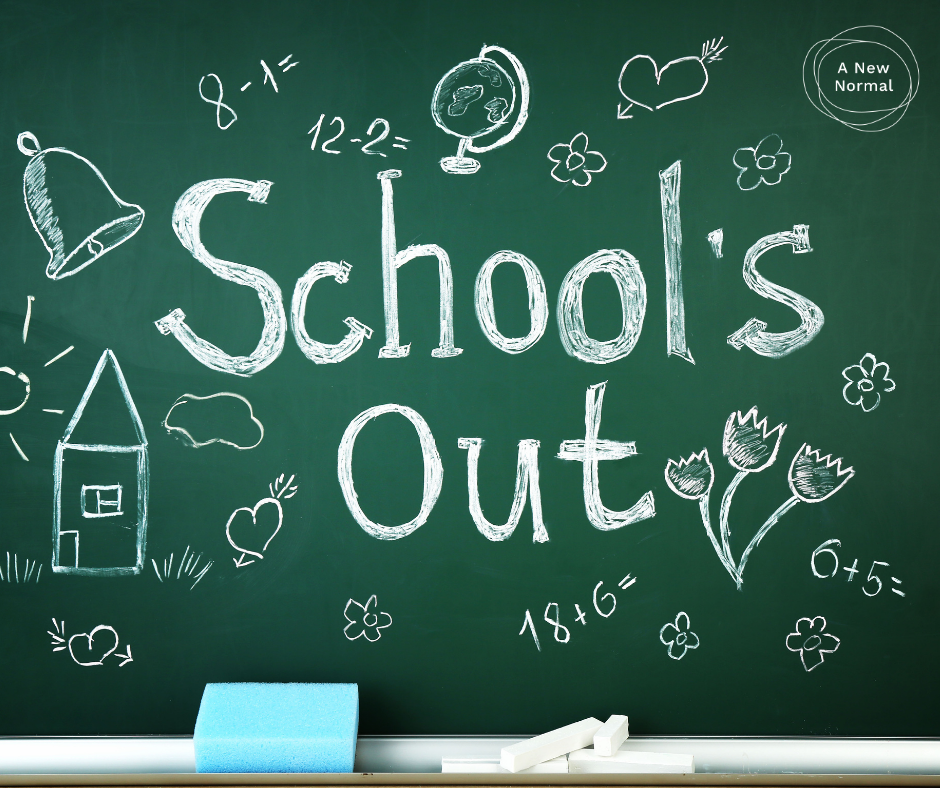Why "The Patriarchy" is a bit rubbish for everyone
- Trish Driver

- Nov 24, 2022
- 3 min read
Updated: Nov 29, 2022
(Trigger Warning –References to statistics around suicide)

This Men’s Health Month, we’ve been thinking a lot about the impact of stereotypes and societal expectations. “The Patriarchy” is often spoken about as something which only negatively impacts women, but it’s our view that people of all genders are damaged by stereotypes which force people to fit into the narrow expectations of a “norm” which doesn’t really work for anyone.
In 2018, Caitlin Moran asked men on twitter
What are the down-sides of being a man? We discuss the downsides of being a woman very frequently - but what's going on with you lovely guys?
We’ve found ourselves pondering on this repeatedly and asked our followers what their thoughts on the subject were. Some interesting findings – very few felt comfortable sharing their thoughts publicly (as we kind of figured would be the case), and the feedback we received privately ranged from “Everything is great – being a man is awesome” to “I think there are inherent difficulties to being male in this day and age.”
The themes from Moran’s work were echoed in what we heard back, ranging from the funny (“two words – Piers Morgan”) to the downright devastating (“Seen a wee girl crying looking for her mum. Felt I had to approach a woman to help out because of the worry I’d be suspected of the evilest crime imaginable if I spoke to her.”) The folks we spoke to felt like it’s much more acceptable for a man to get angry than sad, with one saying that he was called out by his partner for “being a bit of a tool” whilst their child was experiencing mental health issues – he realised his anger was as a result of feeling completely helpless and having no other outlet for that emotion.
Stereotypes of "traditional masculinity" are damaging for everyone
These stereotypes are damaging for the physical and mental health of men, with study after study showing that men are less likely to seek timely help for physical and mental health issues than women, with reasons being cited such as “fears of a loss of masculinity” for seeking help. This obviously has huge implications on how treatable conditions are once identified.
And when it comes to mental health, the impact is equally devastating - the most prevalent cause of death for men under 50 is suicide, and globally, on average, a man dies by suicide every minute. In the trans community, where life expectancy is already shorter due to violence and suicide, trans men are more likely to die by suicide than trans women. Societal expectations which tell roughly half of the population to “man up” and not share their emotions do an enormous amount of damage to everyone.
We’re lucky at A New Normal to have awesome menfolk who share their perspectives and emotions really openly (you can see the blog they cowrote on the topic). There’s also some brilliant resources and advice on the Movember website, and we want to echo their advice, and that of Mind to check in on your friends, ask twice, and listen.
And if you ever wonder if peer to peer support makes a difference, check out this lovely, heart-warming story from Upworthy:

To speak with someone immediately, contact NHS 111 or contact Samaritans on 116 123.
If you're ever worried that someone's life is in immediate danger, call 999 or go directly to emergency services.





Comments